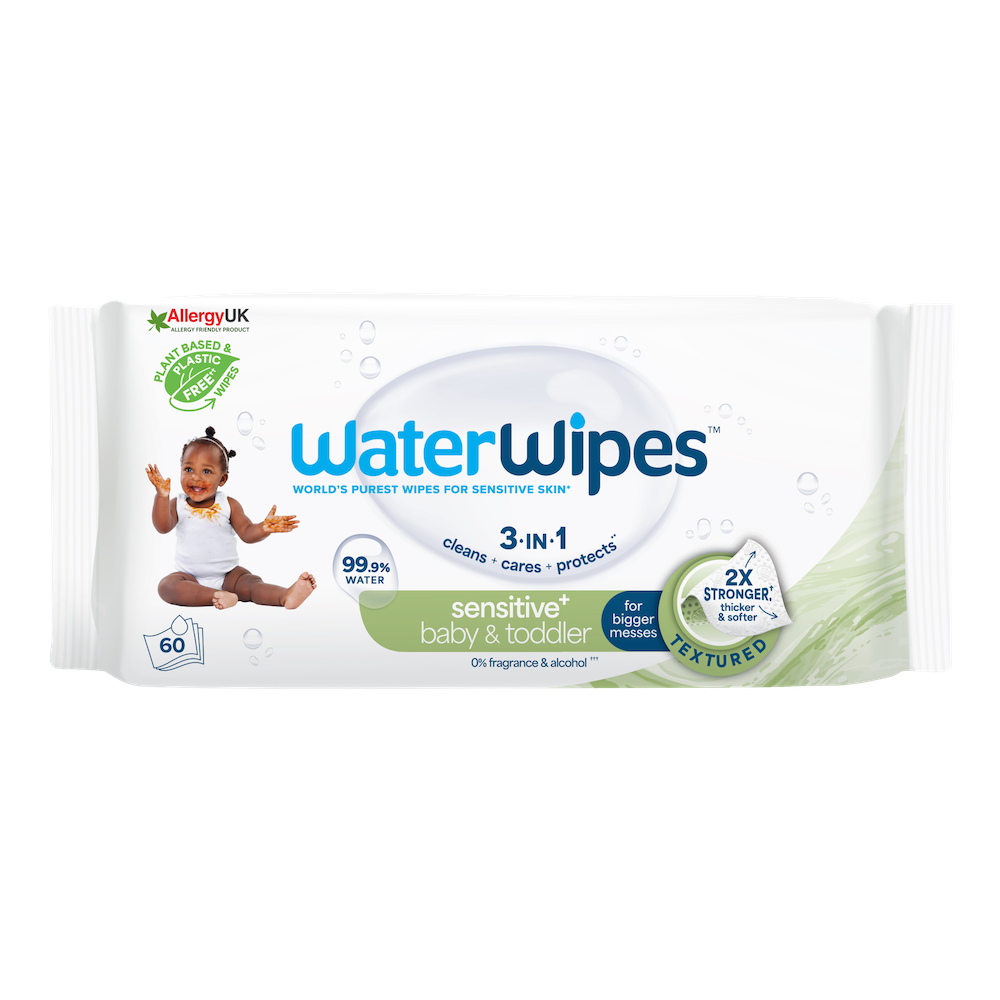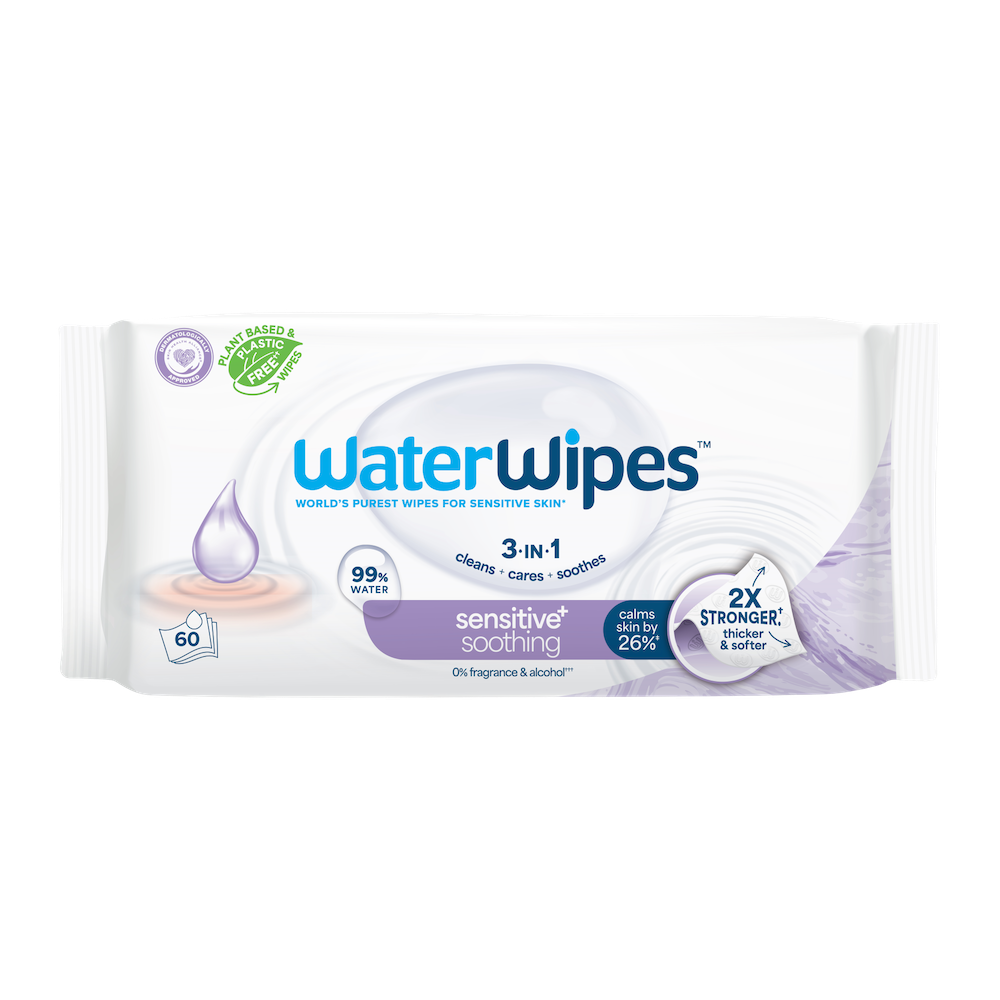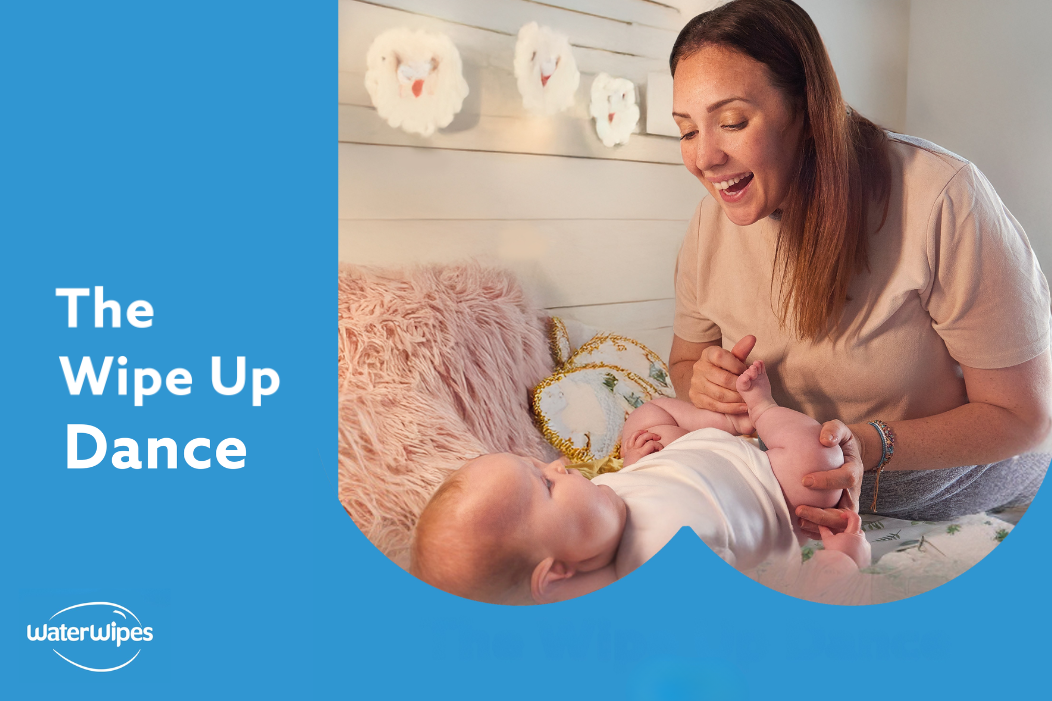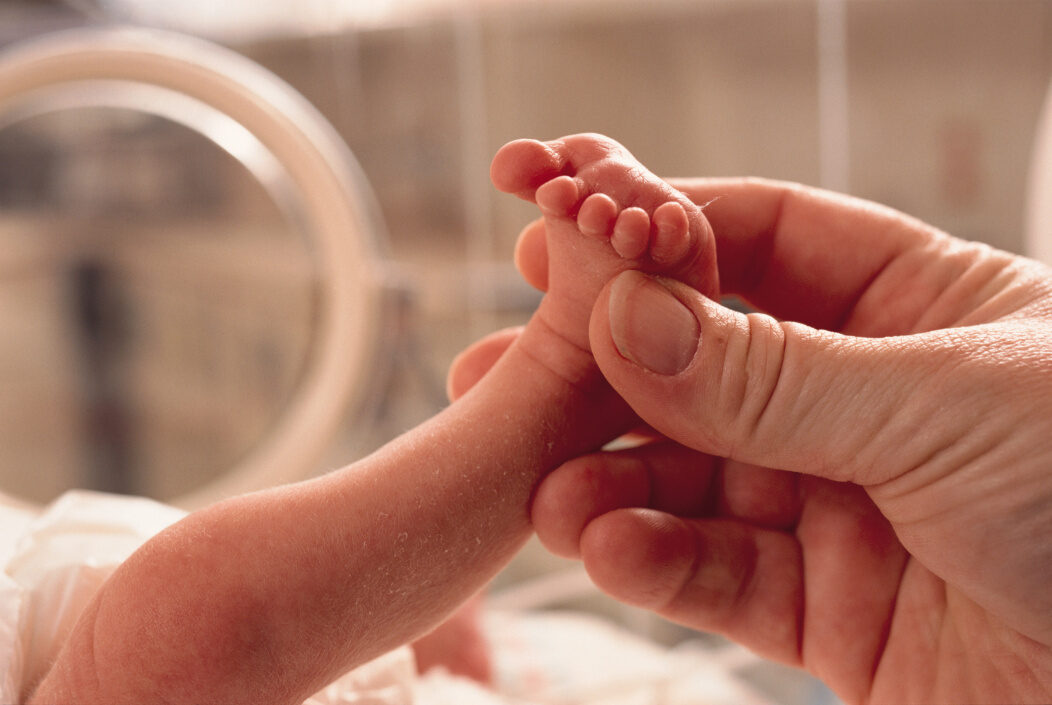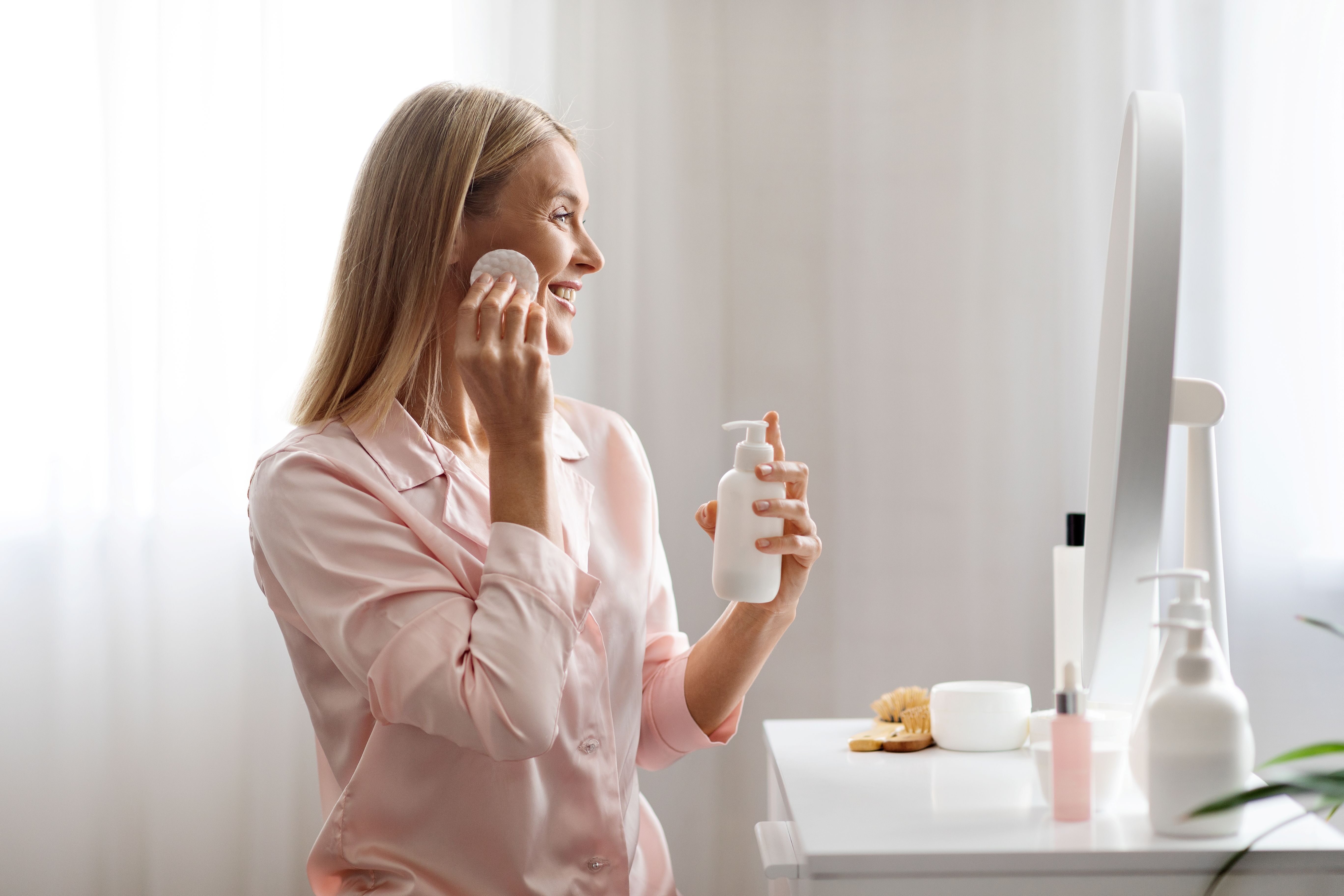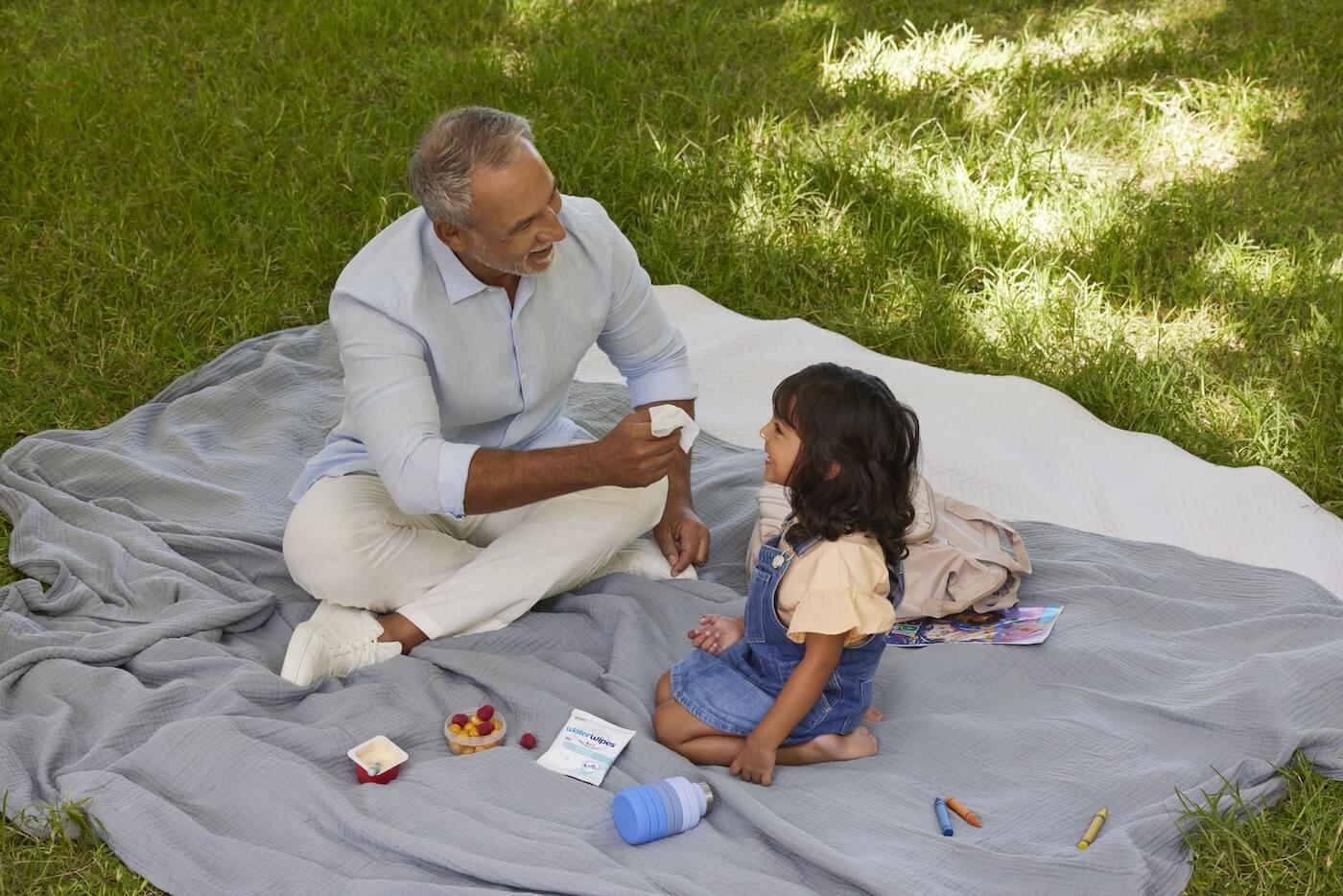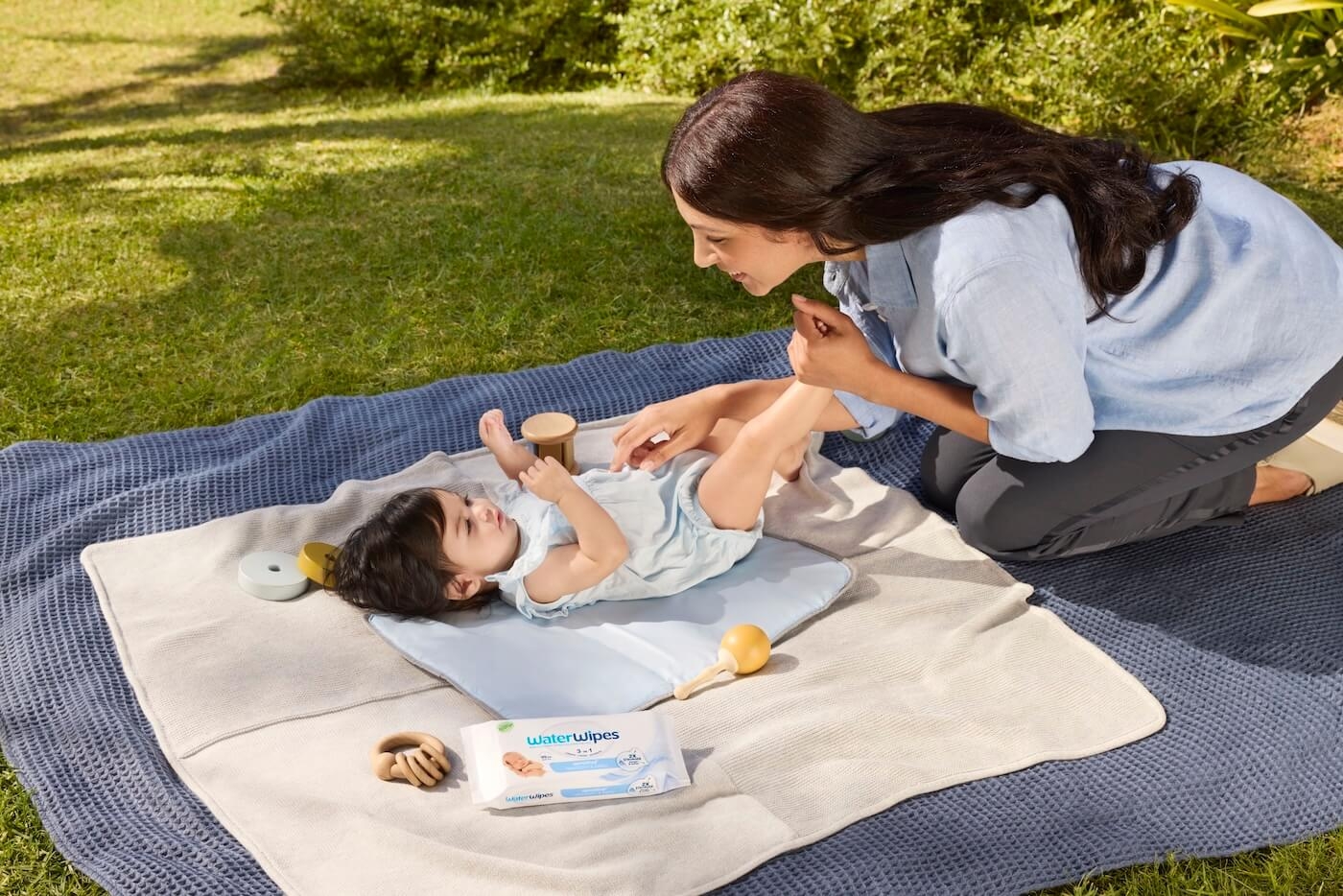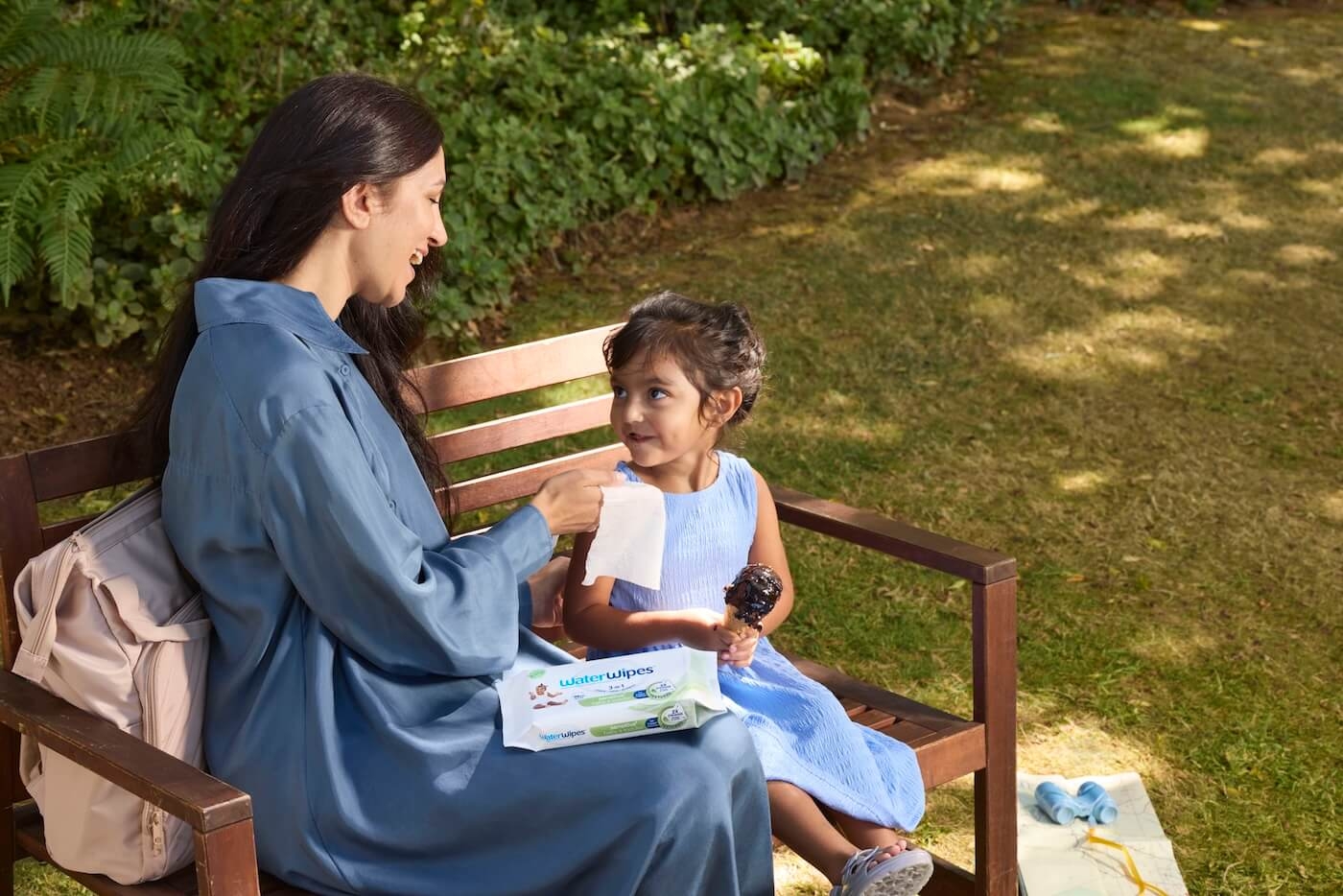Select your region
-
Europe
-
Americas
-
Africa and Middle East
-
Asia Pacific
Premature baby skin care: Understanding and caring for your preemie’s skin
Reviewed by Dr Emer Gilligan, External Affairs Director
Effective, nurturing skincare is important for newborns, but it’s even more important for premature baby skin. As premature babies are born before they’re fully developed1, they have a greater risk of infection and it’s easier for them to lose heat and water through their skin2.
It’s therefore super important to take the time to nurture your preemie’s kin, establishing an effective premature baby skin care routine that gives them what they need to grow strong and healthy.
In this guide, we’ll provide you with everything you need to know about premature baby skin conditions, problems and solutions. We’ll cover topics like skin color change, mottled skin on premature babies, rashes, bathing, and dry skin.
Jump to:
- Common premature baby skin problems
- What causes mottled skin in premature babies?
- When do premature babies get their skin color?
- Do premature babies' skin color change?
- What helps premature babies’ skin?
- How often should you bathe a preemie baby?
- What is the best cream for premature babies?
- How Larissa dealt with Jackson’s premature baby skin
- Premature baby skin care FAQs
Common premature baby skin problems
If a baby is born any earlier than 37 weeks, they are usually considered premature. While low birth weight and breathing problems can be common concerns, premature baby skin problems can also be a worry.
The skin is a vital organ, which needs time to develop. Being born too early can increase the risk of skin conditions. Some common issues may include:
Red skin
Premature skin may appear red. While this can be worrying, it's common in premature babies, especially if they’re born earlier than 34 weeks. The skin appears red because it’s translucent and hasn’t had time to fully develop yet.
Jaundice
Jaundiceis a common skin condition in newborns where their eyes and skin appear yellow. It’s a temporary condition caused by an influx of bilirubin in the blood15. The liver is responsible for moving this substance, but sometimes your baby may not be able to do this on their own. This can result in a build-up, causing the skin to appear yellow.
Almost two-thirds (60 percent) of newborns experience jaundice in the first few days of being born. However, a premature baby may be more at risk of this skin condition as their liver hasn’t fully developed yet.
Depending on the severity of the condition, jaundice may resolve itself, or your doctor may recommend phototherapy to eliminate bilirubin in the blood.
Skin rashes
Premature baby skin is sensitive, so it’s not unusual to notice rashes on their skin, especially diaper rash. Most rashes develop when their skin comes into contact with irritants such as clothing made from synthetic fibers.
Premature baby skin may also be more susceptible to eczema, which can appear on your little one’s:
- Cheeks
- Chin
- Neck
- Wrists
- Knees
What causes mottled skin in premature babies?
Cutis marmorata, aka mottled skin, is a common skin condition in newborns in general, including those born prematurely. It appears on the skin as a pinkish-blue mottled pattern and is usually caused by exposure to cold temperatures. This is because newborn nerves and blood vessels aren’t fully developed yet.
Keeping babies warm and ensuring proper care if symptoms cause discomfort or distress can help manage mottled skin in premature babies.
When do premature babies get their skin color?
Your baby will develop its permanent skin tone at around six months old. Premature babies are often born with red, wrinkled transparent skin. They also usually have tiny veins that are visible below the skin's surface. All premature babies, no matter their ethnicity, have the same dusky-red skin color at first. Their natural skin color will develop over time.
Do premature babies' skin color change?
Yes, a prematured – this usually fades within the first day.
Your baby’s hands and feet may remain a blush color for a few days, this is completely normal due to their underdeveloped blood circulation. However, blue coloring on any part of your baby’s body is not normal. If you notice this, consult a medical professional.
Some infants develop yellow-colored skin accompanied by yellow in the whites of the eyes, too – this is known as jaundice.
What helps premature babies’ skin?
If your baby is in the neonatal intensive care unit (NICU), the trained nurses will have specialized methods in place when caring for your baby’s skin. This could include using premature baby skin-safe oils and other sensitive products like WaterWipes®.
WaterWipes prides itself on being purer than cotton wool and water. WaterWipes contain minimal ingredients: 99.9% water and a drop of fruit extract, which acts as a natural skin conditioner. This makes them suitable for a premature baby’s skin.
Choosing the right products
When it comes to premature baby skin care, avoid using any products without checking with your nurse or doctor first. Preemie skin is highly permeable and vulnerable and therefore has a greater risk for toxicity and chemical challenges.
Once your baby’s skin has matured enough to handle skincare products, it’s advised that you use safe, organic lotions, gels, and creams that are free from synthetic fragrances and harsh chemicals.
Products should also hydrate the skin, improve its protective barrier, and help to keep it at its healthiest pH – this is usually slightly acidic at around 5.51.
Sensitive clothing
Dressing your newborn in soft, breathable cotton clothing rather than synthetics or coarse-fibred wool, which can be scratchy, can also help to care for their skin and avoid irritation.
Handling your premature baby gently
Learning how to touch your premature baby’s skin is also key. In some cases, parents may have to wait until their baby’s skin has developed enough to touch them. Take advice from your NICU team, but always remember to be as gentle as possible.
How often should you bathe a preemie baby?
How often you wash your preemie will depend on how premature they are and how developed their skin is. It’s usually advised that you don’t batheor wash your baby’s hair more than two or three times a week.
In between baths, you can use cotton wool and tepid water to wash your infant’s face, neck, and bottom. Always check the temperature of the water first and ensure there are no hot patches – you can do this with your wrist or elbow.
Use plain water to wash your premature baby’s skin. On occasions where you need to use soap, consult a nurse or doctor to find out which product is best for their delicate skin.
What is the best cream for premature babies?
With so many baby skin care products on the market, it can be easy for parents to feel confused about what to use and when. This can be especially true for sensitive premature baby skin conditions.
However, for premature baby skin care, it’s recommended to avoid skin care products for six to eight weeks as their skin barrier takes longer to mature16.
If your baby has a skin condition, such as dry skin, applying a fragrance-free cream may help15. Temporary forms of eczema can also be soothed with over-the-counter creams and perfume-free and dye-free ointments.
How Larissa dealt with Jackson’s premature baby skin
When Larissa Lawrence and her partner found out they were expecting twins, they knew their journey was going to be harder than they thought. But nothing could have prepared the couple for what was to come. Just 25 weeks into Larissa’s pregnancy, one of the twin boys sadly passed away. This was an incredibly difficult and emotional time for the couple.
“Just as we were coming to terms with the loss, I went into labor with his brother at 27 weeks,” said Larissa.
Larissa then spent the next 90 days in the NICU with her newborn baby Jackson. He had a positive NICU experience growing stronger each day, and after one month Jackson came off CPAP and went onto high-flow oxygen. Soon after, he was breathing by himself.
“I found a lot of positives that went along with our NICU experience. We were taught so much about how to look after our baby, which was a big advantage as first-time parents,” said Larissa.
“They taught us the proper ways to bathe him, check his temperature, and most importantly how to change his nappy. The main difference I noticed was they only use soft disposable towelettes with plain water instead of baby wipes.”
It was after the couple returned home with Jackson that he received his first diaper rash. His skin was extremely sensitive and his parents hated seeing Jackson’s skin looking so sore, so Larissa checked with the nurse to see what the best cure for diaper rash was.
“The nurse said the best way to help was to use cotton wool and water, however, this felt impractical when changing countless nappies a day,” said Larissa.
According to Robert Guaran, Neonatology Advisor NSW Perinatal Services, “a newborn baby’s skin does not have the barrier layers of cells of older children. Thus, parents should avoid chemicals and fragrances, that may be directly absorbed across their baby’s sensitive skin. This is especially important for premature babies.”
Larissa received a Miracle Babies NICU Survival Pack, a care package program provided by the Miracle Babies Foundation in Australia. The package contained WaterWipes, which soon became Larissa’s solution to her newborn’s nappy rash.
“The wipes in the Miracle Baby pack were a game-changer. WaterWipes contain 99.9% water with just a drop of fruit extract so they are safe to use on a newborn baby. His rash went away almost immediately, and one year on we still only use WaterWipes and still have no rashes.
“I’m so grateful to WaterWipes and Miracle Babies for providing a practical solution to Jackson’s sensitive skin.”
If you’ve enjoyed our guide on premature baby skin care, take a look at our other articles on the Parenting Hub:
- Newborn baby diaper rash
- Baby heat rash
- Common outdoor rashes
- Newborn baby milk spots
- Baby birthmarks
- Baby grazes
- Newborn baby hives
- Newborn baby jaundice
- Oral thrush in babies
- Newborn baby sleep
- Umbilical cord care
- Newborn baby cradle cap
Premature baby skin care FAQs
When should you start skin-to-skin for premature babies?
According to the World Health Organization (WHO), you should begin skin-to-skin (also known as kangaroo care) for premature babies immediately after childbirth. You should ideally do this before any initial period in an incubator, but always consult with your medical professional for their guidance.
How long should you do skin-to-skin with a preemie?
If your baby is in NICU, you’ll usually be encouraged to do skin-to-skin every day for at least an hour at a time10. This can help your baby relax, settle, and grow10. You can continue to do skin-to-skin for months to come, especially if you decide to breastfeed. Both parents can do skin-to-skin during bottle feeds, too.
What is the most common neonatal skin condition?
Erythema toxicum neonatorum is the most common neonatal skin condition. It affects 30 to 70 percent of babies and only occurs during the neonatal period. Also known as toxic erythema, this skin condition occurs in the first few days after birth. Scattered pink or red marks with papules (small bumps) and weals appear scattered across the baby’s face and the rest of the body. It’s a temporary condition and it does not bother the baby, so try not to worry too much. The condition should go away by itself within one to two days.
What are skin abnormalities seen in neonates?
Some of the most common skin abnormalities in ‘neonates’, otherwise known as a newborn infant under 28 days of age, include:
- Erythema toxicum
- Cradle Cap
- Milia
- Miliaria
- Desquamation
- Neonatal Cephalic Pustulosis
- Neonatorum
- Transient Pustular Melanosis
New sentence Sometimes, symptoms can also arise from baby skin allergies and baby acne.
What are the incubators' importance to premature babies having loose skin?
Sometimes premature baby skin can appear loose or wrinkly because the skin surface may have increased, and your baby won’t have much fat underneath their skin. This means your baby may not be able to keep a steady body temperature, so they may be placed in an incubator to help keep them warm until their skin strengthens.
How we wrote this guide
The information in this guide is based on parental and medical information from a variety of sources including the WHO, Healthline, and the NHS.
More on the Skincare Hub
View allMicrobiome-Friendly Skincare: What It Means and Why It Matters
Microbiome-friendly skincare products are designed to support the natural balance of microorganisms on the skin, which is crucial for maintaining skin health and protecting against irritation and infection.
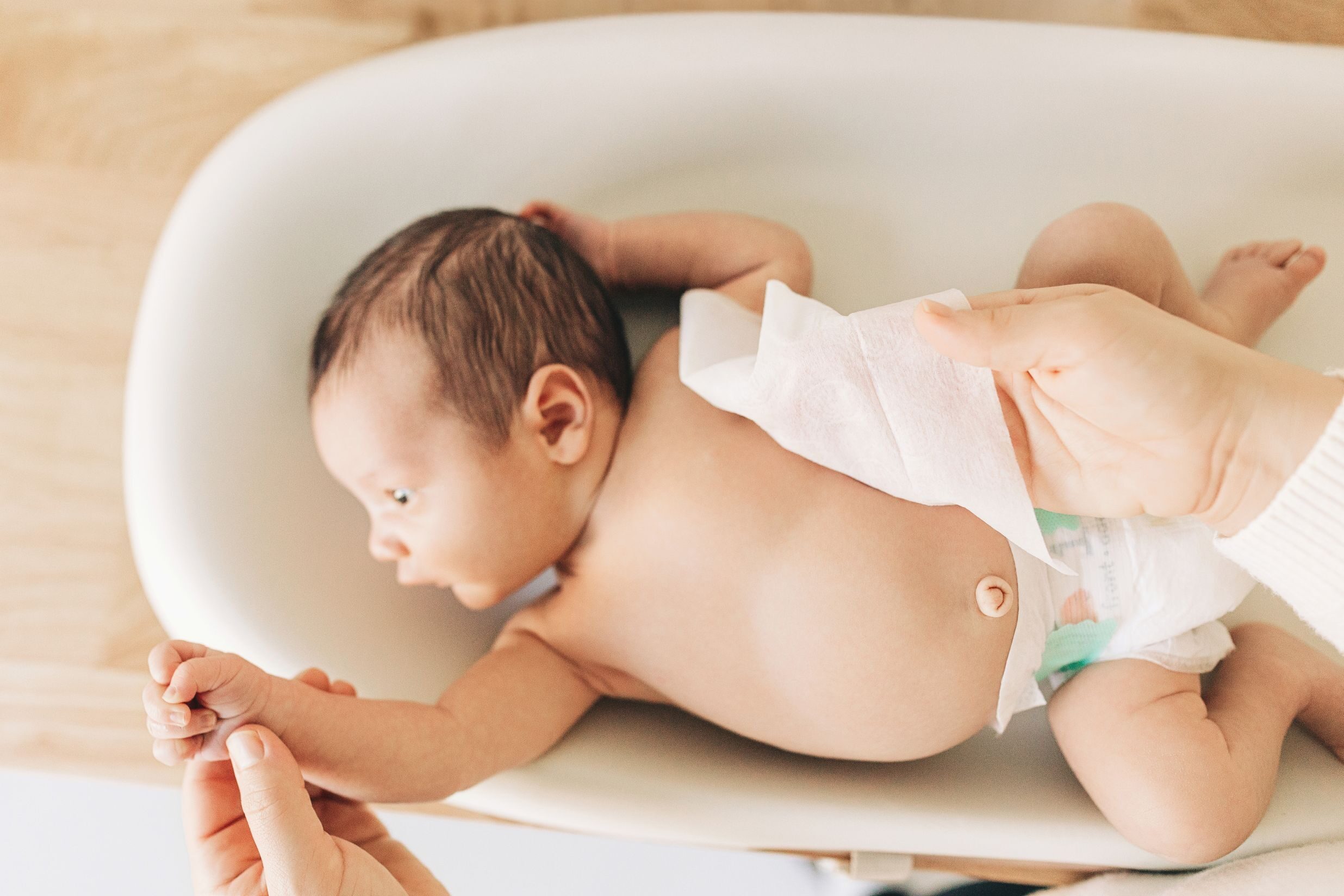
Skincare Truths vs. Myths: What Really Works
Understanding the truth behind common skincare myths helps you create a safe, effective routine that supports healthy, resilient skin.


